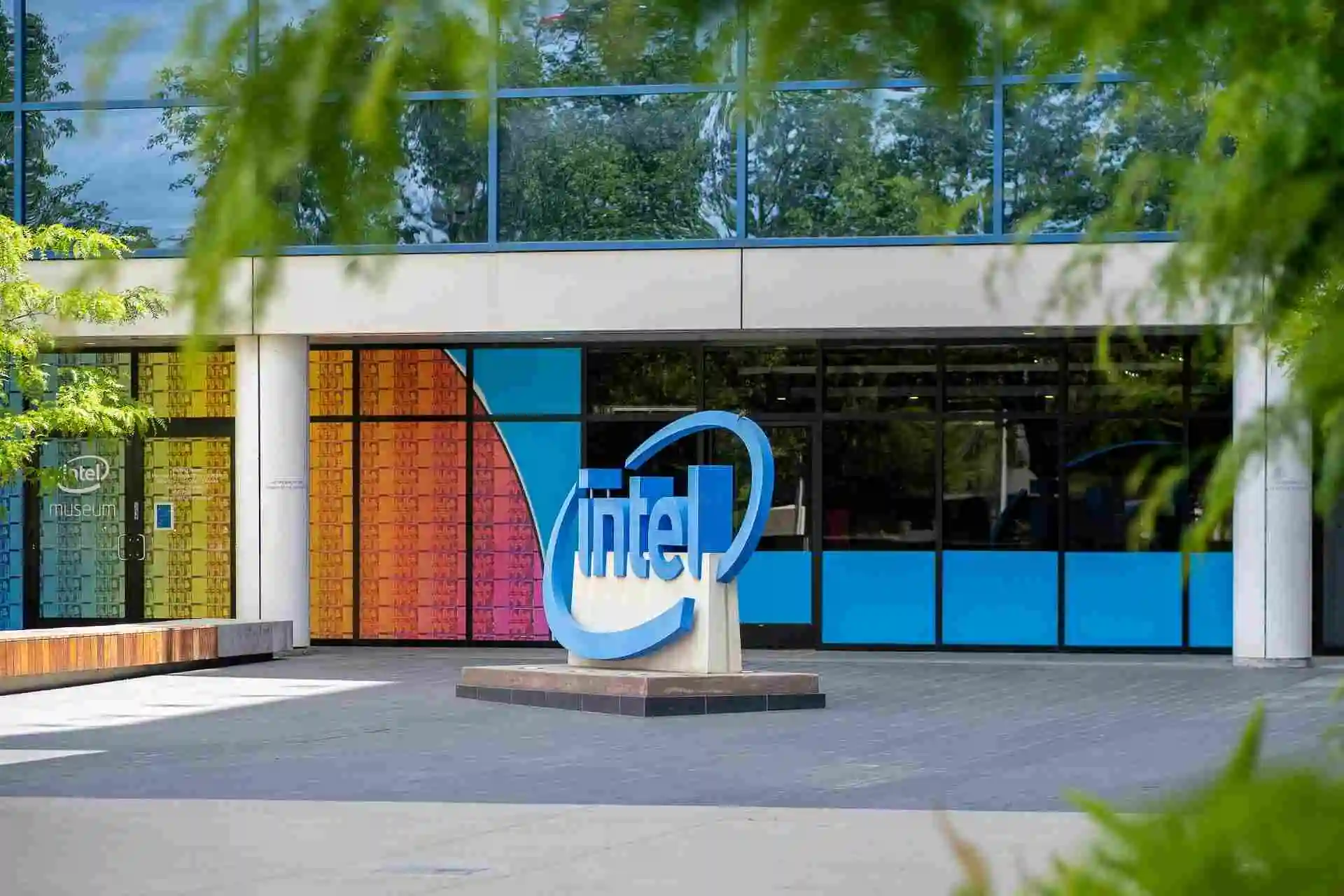Lip-Bu Tan, a veteran in the semiconductor industry, was appointed as the new CEO of the semiconductor giant Intel. Intel CFO David Zinsner and executive vice president of client relations Michelle Johnston Holthaus have taken over as co-CEOs after Pat Gelsinger's retirement and resignation from the company's board three months ago.
Lip-Bu Tan – New CEO of Intel
Tan, a former board member of Intel, had been considered for the CEO position because of his extensive knowledge of the chip industry and his track record of investing in promising emerging companies. In December, Intel's board approached him to see whether he was interested in accepting the position.
Tan said in a letter to Intel employees:
“Together, we will put up a great effort to re-establish Intel as a top manufacturer of products, position ourselves as a top foundry, and provide our clients with unmatched satisfaction.”
Pat Gelsinger's Efforts for Intel
When Gelsinger took over in February 2021, Intel was already having trouble and losing well behind its competitors in the semiconductor industry. In addition to errors in chip manufacture at the time, the corporation was probably still in shock over losing out on the smartphone revolution.
It was also a fascinating period for the semiconductor industry as a whole. Late in 2020, the industry saw a great deal of consolidation, with Analogue purchasing Maxim for $21 billion and AMD purchasing Xilink for $35 billion, among other deals.
Gelsinger's Retirement Period
Gelsinger's retirement period was a particularly turbulent period for Intel. When Gelsinger left the company in December 2024, the stock price fell by around 50%. In August, Intel said that it would lay off 15,000 employees, or 15% of its workforce, due to poor second-quarter results.
Gelsinger claimed at the time that Intel had overrun its workforce despite lagging behind its competitors and that its company had not been able to take advantage of the AI boom in the same way.
Since Gelsinger's departure, the company has chosen not to launch its Falcon Shores AI processors and has once again postponed the inauguration of its Ohio chip facility.
Lip-Bu Tan Efforts for Intel
However, as Tan takes on that responsibility, things might move in the right direction. Intel concluded an agreement with the U.S. Department of Commerce to obtain $7.865 billion in funding for domestic semiconductor manufacturing through the U.S. government.
According to its fourth-quarter results call, Intel had already gotten $2.2 billion of the award funds under the Chips and Science Act. The business also had success with its Arc B580 graphics card, which sold out on favorable initial reviews.

